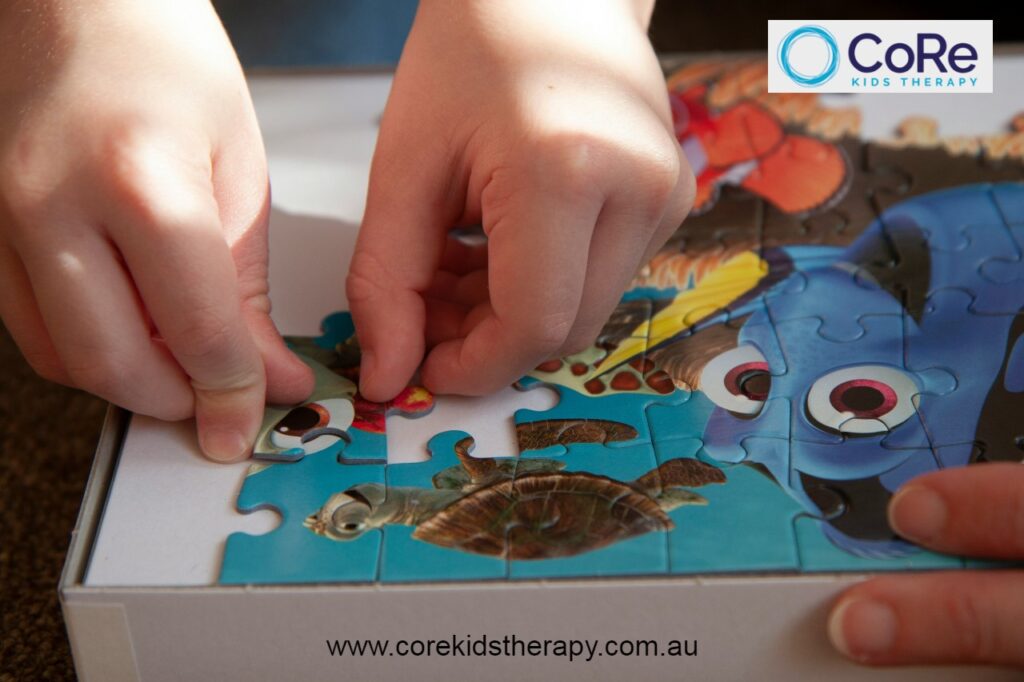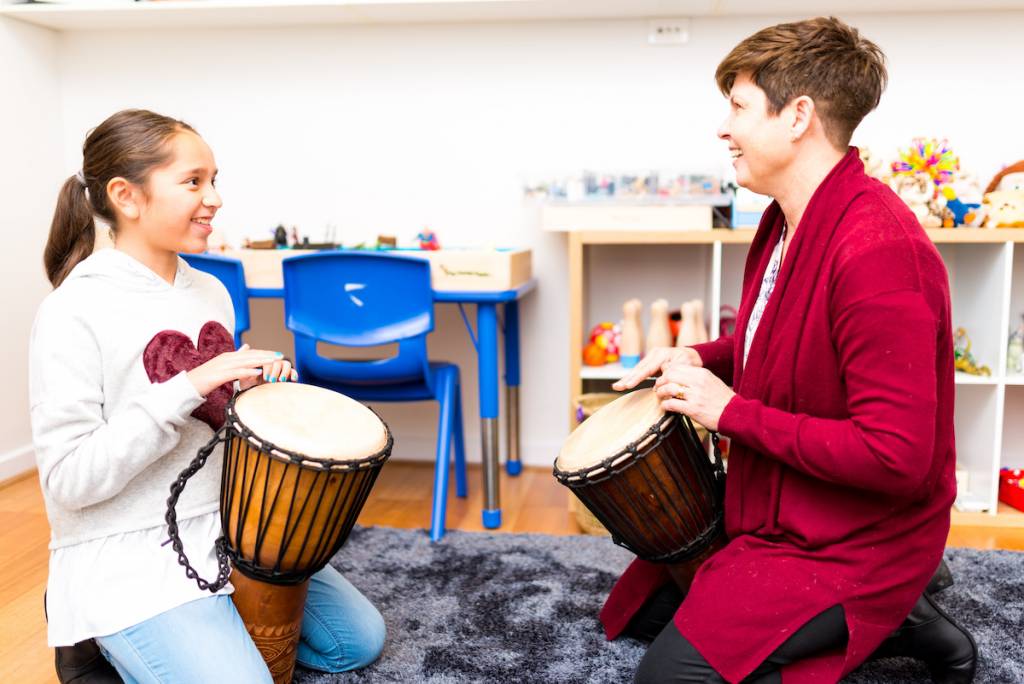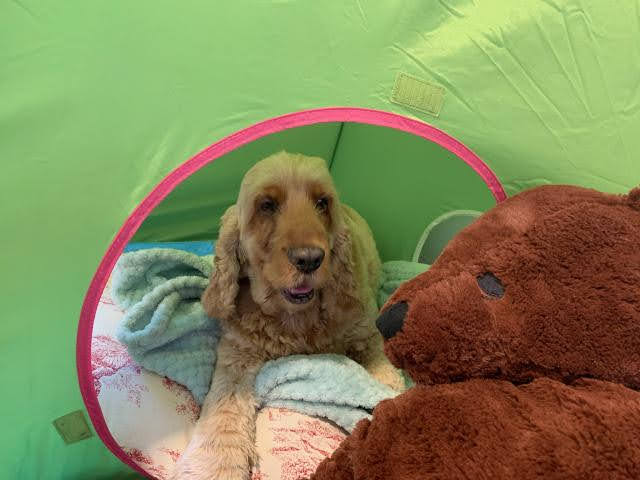Written by Lea Tanner, Provisional Psychologist / Associate Play Therapist, CoRe Kids Therapy
While executive functioning involves several processes in the brain, there are three core components: cognitive flexibility, inhibition, and working memory. These three processes play critical roles in everyday life. A child’s executive functioning skill level can vary depending on factors including stage of development, environmental influences, neurodivergence, genetics, and several other factors. Challenges in executive functioning can impact an individual’s ability to adapt to daily life; some children may require extra support in some areas of executive functioning. Just as muscles can grow if it is worked, we can use various strategies and games to help children strengthen their executive functioning skills.
This article focuses on how to develop one of these core components.
Cognitive Flexibility
Cognitive flexibility is adapting our thoughts and behaviours to different situations and environments. Cognitive flexibility allows us to problem-solve when things do not go as planned, see things from multiple perspectives, shift from one task to another, and shift our attention. Cognitive flexibility is related to emotional awareness of self and others, creativity, adaptability, and more. You could use some of the following to nurture your child’s cognitive flexibility:
- Explore New Activities: Encourage your child to try different activities, such as drawing, playing musical instruments, learning a language, game, or a new sport. Exploring new activities can help your child’s brain adapt to new challenges and ideas. You may wish to brainstorm or research some activities with your child and work together to create a list of ideas they’re interested in.
- Imaginative Play: Imaginative play fosters creativity and encourages your child to explore different characters and various scenarios. Providing opportunities for play dates or purposefully engaging in imaginary play with your child will support them in thinking flexibly and considering other perspectives.
- Puzzle Games: Introducing puzzle games like jigsaw puzzles or simple logic puzzles can cultivate opportunities for flexible thinking and problem-solving skills. Children must consider multiple problem-solving methods, using logic puzzles, Sudoku, or strategy games like chess.
- Storytelling and creation: Encourage your child to write or tell stories from different points of view. This helps them understand other perspectives and think flexibly about how characters might react in various situations. You could also listen to a story your child has created and ask questions about characters or situations within their narrative.
- Play with Building Blocks or LEGO without instructions: Provide blocks that allow your child to build and create freely. This encourages flexible thinking as the child experiments with different designs and structures.
- Playing Games: Playing games that require turn-taking and rule-following, such as board games or cooperative activities. This helps children learn to adapt to different rules and player perspectives. For an added challenge, you could create new rules while playing games.
- Mindfulness: Practicing mindfulness exercises with your child is linked to increased cognitive flexibility. For example, taking deep breaths or focusing on the sensory environment, like listening to sounds or listing things you can see or smell, can help them develop awareness and flexibility in their thinking.
- Brainstorming to Solve Problems: Practice brainstorming, where you generate as many ideas as possible without judgment or criticism to solve a social, emotional, or situational problem your child is experiencing. This can encourage flexible thinking and the exploration of diverse perspectives and solutions.
- Role-Playing and Perspective-Taking: Engage in role-playing exercises or try to see situations from different viewpoints. This helps cultivate empathy and promotes cognitive flexibility by encouraging you to consider alternative perspectives and solutions.
- Making Mistakes is Okay: Encourage your child to see mistakes as opportunities to learn and grow. Emphasise that trying different approaches and making mistakes along the way is okay.
The information provided in this blog should be used for education and informational purposes only. It should not replace the therapy or the therapeutic relationship. If you require parenting or mental health support for your child, please don’t hesitate to reach out to the team at CoRe Kids Therapy.




